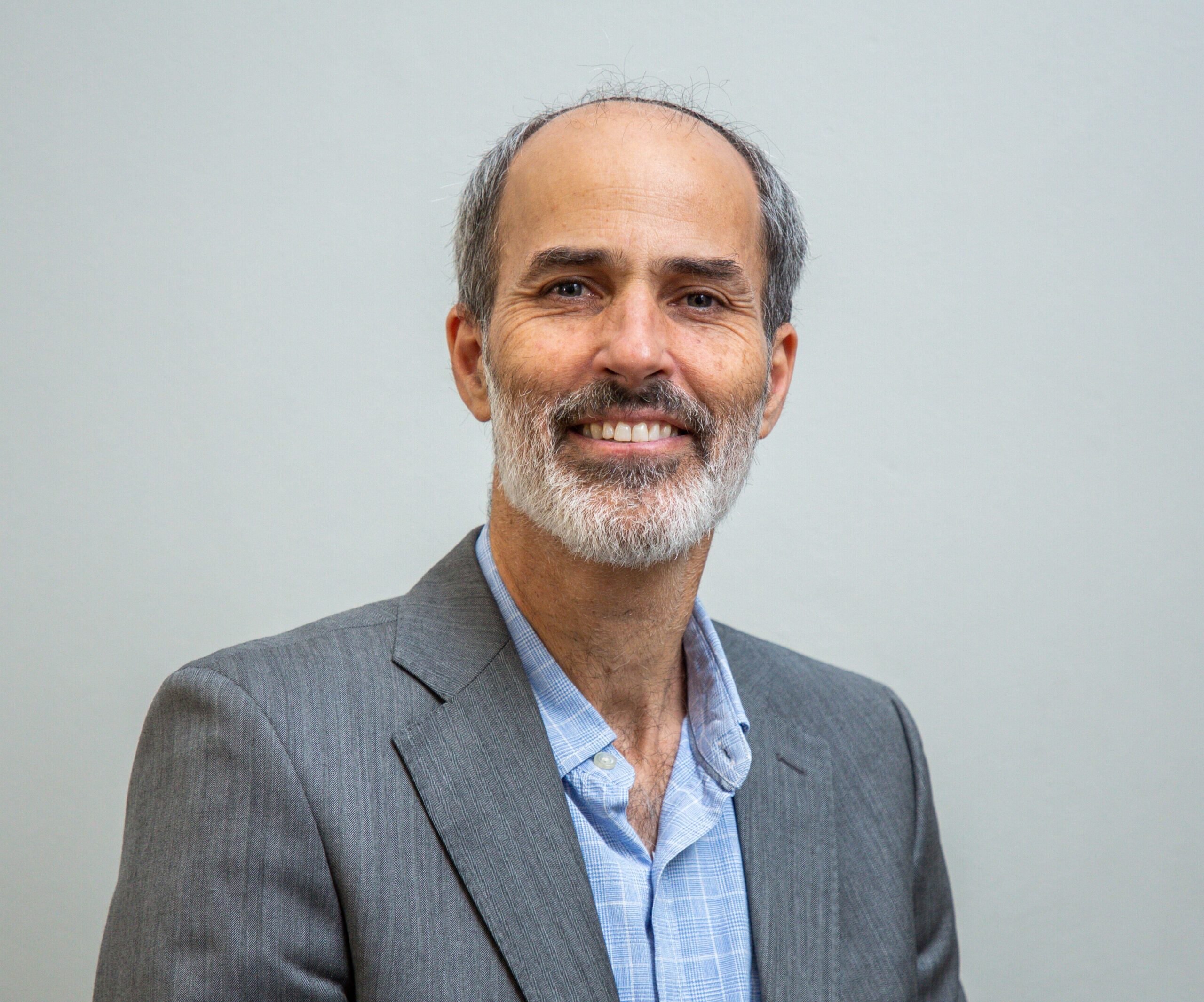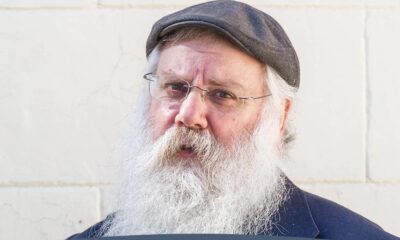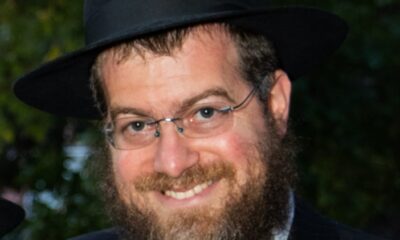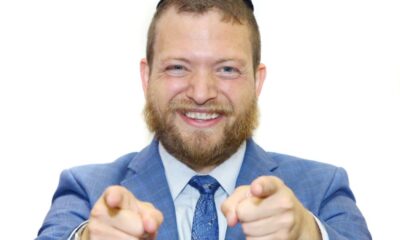
Religion

Looking isn’t seeing
What did you see when you opened your eyes this morning? Well, if you were like me, not much as it was that 04:00 to 06:30 loadshedding timeslot, and the house was dark and cold. But that’s not really what I’m asking, not the first thing your eyes landed on. What did you see? And what do you see each morning? Moses opens this week’s Torah portion with the words, “See, today I set before you blessing and curse,” (Dt. 11:26). That’s what he saw, and what he wanted the Jewish people to see.
How can you see that? What does a blessing look like? I’m sure we all know what it feels like, and we can probably describe how an action that brought blessing looks. Giving tzedakah, hugging your parents, encouraging a friend to believe in themselves, and the look they gave when your words penetrated to the point that they believed them. We know what that looks like.
And what about curses? What does a curse look like? We know only too well what that feels like and can picture many “cursed” moments in our lives. The pain of a relative or someone we love getting sick, the risk we took that didn’t pay off, the disappointment when that thing we desperately wanted or needed to happen didn’t come about.
Though I can’t tell you what a blessing or curse actually looks like, we don’t have to try hard to call up all kinds of images of their consequences. It’s enough to know which one we want to fill our lives with.
So, why does Moses use the word “see” instead of “feel” or “understand”? Perhaps he was offering us a spiritual practice, a new way of seeing. That when we look at the world around us, we don’t just see the chores to do, food to eat, or the person that’s annoying us right now, but see beyond that the deep consequences of every moment, every word and action, that they can bring about huge blessings or a traumatic curse. If we lived life in that heightened state of consciousness, we would be different people, behave differently.
As the legendary 20th century rabbi, Abraham Joshua Heschel, put it, “Our goal should be to live life in radical amazement. Get up in the morning and look at the world in a way that takes nothing for granted. Everything is phenomenal; everything is incredible; never treat life casually. To be spiritual is to be amazed.”
So tomorrow morning, when you wake up and look around as the day begins – assuming you have your back-up lights charged, but even if they aren’t – let’s look deeper than what we see, to what lies beneath it, the ultimate consequences of every word we speak or breath we take, the realisation that our lives are important, meaningful, and vital to the present and future of the world. Let’s wake with that awareness, or as Rabbi Lawrence Kushner puts it, to live with “eyes remade for wonder”.










